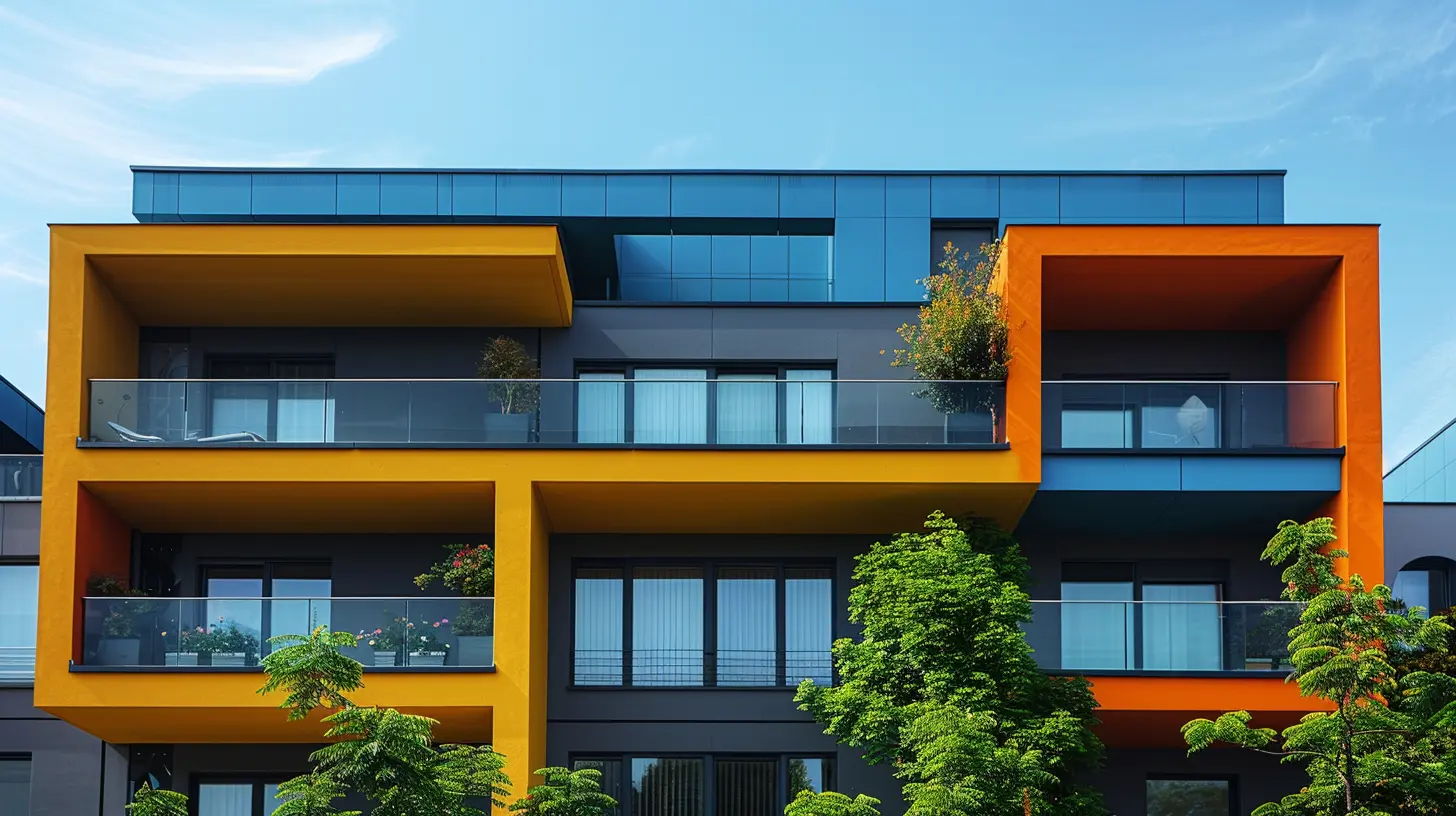22 April 2025
Renting a home should feel like stepping into a safe, comfortable space—one that’s free from unnecessary stress and headaches. But let’s be honest: for many tenants, renting can come with its fair share of frustrations. From maintenance delays to poor communication, even small issues can pile up, turning a dream rental into a nightmare.
That’s where a great property manager steps in. If you’re managing rental properties, your role isn’t just about collecting rent or handling paperwork—it’s about creating a seamless, stress-free experience for your tenants. Happy tenants mean longer leases, fewer complaints, and a solid reputation for you as a property manager.
So, how can you craft an environment where tenants feel valued and stress-free? Let’s break it down. 
1. Communication: The Cornerstone of Tenant Satisfaction
Be Responsive & Accessible
Nothing frustrates tenants more than feeling ignored. Whether it’s a maintenance request, a billing question, or a general concern, timely responses can make all the difference. Aim to acknowledge tenant inquiries within 24 hours—even if you don’t have an immediate solution. A simple "I’m looking into it, and I’ll update you soon" can ease a tenant’s mind.Use Multiple Communication Channels
Not every tenant communicates the same way. While some prefer email, others might favor texting or phone calls. Consider offering a tenant portal where they can submit requests, check updates, or find answers to common questions.Keep It Professional Yet Friendly
Tenants want to feel heard and respected. While professionalism is key, a little warmth in your communication goes a long way. A simple "Hope you're having a great day!" can make interactions feel more personal and less transactional.
2. Proactive Maintenance: Prevent Problems Before They Happen
Routine Inspections & Preventative Repairs
A stress-free environment starts with a well-maintained property. Set up routine inspections to catch potential issues before they turn into costly repairs. Regular maintenance for plumbing, HVAC systems, and electrical wiring ensures that tenants won’t be dealing with unexpected breakdowns.Quick Response to Maintenance Requests
No one wants to live with a leaky faucet or a broken heater for weeks. A clear and efficient maintenance request system reassures tenants that their concerns matter. Consider using a digital maintenance tracking system so tenants can see updates on their requests in real time.Offer a 24/7 Emergency Contact
Emergencies don’t stick to business hours. Having a reliable after-hours contact for urgent situations (like a burst pipe or power outage) can give tenants peace of mind.
3. A Safe & Secure Living Environment
Upgrade Security Measures
Safety should never be an afterthought. Installing secure locks, well-lit entryways, and security cameras (where appropriate) can make tenants feel more protected. If your property has a lobby or common areas, ensure security protocols are in place.Encourage a Community Watch
If your rental property is in a neighborhood with multiple units, fostering a sense of community can increase security. Encourage tenants to look out for one another while respecting privacy.Emergency Preparedness Plans
Provide tenants with a clear emergency plan. Whether it’s fire evacuation routes, flood safety measures, or contact numbers for local emergency services, having a plan in place can reduce panic in unforeseen situations.
4. Transparent & Fair Lease Agreements
Be Upfront About Policies
Ambiguity breeds frustration. Ensure your lease agreements are clear and easy to understand. Lay out policies regarding rent payments, late fees, maintenance responsibilities, and lease renewal options in simple language.Offer Flexible Payment Methods
Gone are the days of only accepting checks. Offer multiple payment methods—bank transfers, online payments, and even autopay—to accommodate different preferences. The easier it is to pay rent, the fewer late payments you’ll have to chase down.Provide Ample Notice for Rent Increases
No tenant wants to be blindsided by a sudden rent hike. If rent increases are necessary, communicate them well in advance, offering explanations when possible. Transparency builds trust.5. Foster a Sense of Community
Organize Tenant Events
A small gesture—like a holiday gathering, summer barbecue, or a simple welcome package for new tenants—can create a sense of belonging. People who feel connected to their living space are more likely to stay long-term.Encourage Open Feedback
Give tenants a voice. Encourage them to share feedback on their living experience through surveys or community meetings. Take their concerns into account and implement changes when feasible.Respect Tenants' Privacy
No one wants an intrusive landlord. While routine inspections are necessary, always provide proper notice before entering a tenant’s unit. Respecting their space strengthens trust.6. Handle Tenant Disputes with Fairness
Address Conflicts Promptly
Whether it’s noise complaints, parking disputes, or maintenance frustrations, unresolved conflicts create stress for tenants. Address issues quickly and mediate when necessary.Remain Neutral & Professional
Conflicts can get emotional, but it’s important to stay impartial. Listen to both sides, propose fair solutions, and enforce rental policies consistently.Have a Clear Conflict Resolution Protocol
Establish a standard way to handle disputes. Whether it's involving a property management company, having a formal complaint process, or setting up mediation, a structured approach prevents escalation.7. Go the Extra Mile: Little Things That Make a Big Impact
Offer Move-In & Move-Out Assistance
Moving is stressful. Providing a guide with utility setup instructions, neighborhood recommendations, and a checklist for move-in/move-out procedures can ease the transition.Upgrade Amenities Where Possible
Even small upgrades—like better Wi-Fi, energy-efficient appliances, or improved landscaping—can make a huge difference in tenant satisfaction.Show Appreciation
A simple "thank you" goes a long way. Consider sending holiday cards, small gift cards for long-term residents, or even just a personalized email acknowledging their lease renewal.Final Thoughts
Being a property manager isn’t just about handling leases and maintenance—it’s about creating a home for your tenants. When tenants feel valued, heard, and stress-free, they’re more likely to renew their leases, take care of the property, and leave positive reviews.By prioritizing communication, proactive maintenance, safety, and tenant well-being, you can ensure your rental properties become places where people love to live. And at the end of the day, a happy tenant means a happy property manager—stress-free for everyone involved.




Finnian McCarthy
Great insights! Creating a stress-free environment for tenants is essential for fostering positive relationships and ensuring satisfaction. Your actionable tips will undoubtedly help property managers enhance tenant experiences and build a thriving community. Keep up the fantastic work!
April 23, 2025 at 12:08 PM